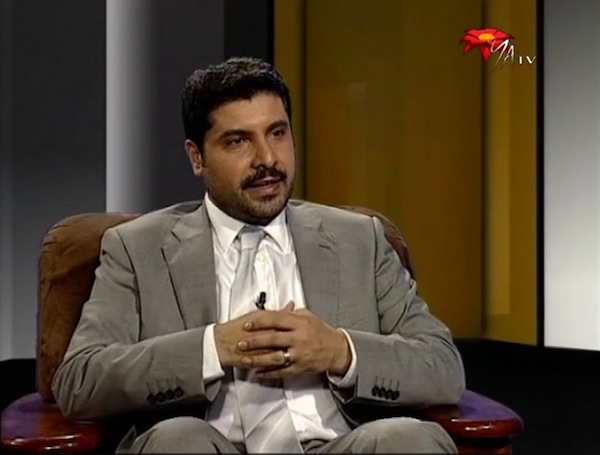Mehmet Rizal is a UN Ambassador For Peace and presently based in the Philippines. As noted in his biography, Rizal played a key role in bringing the Philippines government and Moro Islamic Liberation Front (MILF) together for a landmark peace agreement, and also brought OIC and Turkish foreign ministry into the negotiations process. Turkish by birth we talked about the history of violence in Mindanao, and in particular how Islamic principles can practically contribute for inter-communal harmony and nation building.
We begin by looking at how 9/11 shaped Rizal’s worldview, and led to his taking up studies as well as travel to represent Islam in a better way, and redefine its enemies, as more violently and popularly portrayed by extremists and fringe elements. We then go into the conflict dynamics of Mindanao, and its historical roots. Rizal then goes on to explain why he entered the complex and fractured conflict, and why he believes that true change must come not from the political leadership but from the grassroots. We talk about how much of support his movement has received over the years, in contrast to the support amongst the population the MILF commands. Rizal also talks about the role of education (Universities, Colleges and Madrasas) in changing the mindset of a future generation of social and political leaders.
In looking at the negotiations process, Rizal looks at how non-Western / Muslim countries played a positive role in bringing the stakeholders in Mindanao to a process of negotiations, and how in fact, the perception of Western aid can negatively influence peacemaking efforts in the region. He also speaks about how a positive story from Mindanao can be a success story that serves as a guiding example for the rest of the Muslim world, and protracted conflict in the MENA region for example.
Towards the end of the interview, Rizal is invited to look at how Islam and Islamic values can aid social cohesion, in light of the growing Islamophobia in Sri Lanka. Rizal first admits that he was shocked to hear about the growing anti-Muslim hate campaigns in Sri Lanka, and how he thought, before he came to Sri Lanka, that the country was in fact a good example of inter-religious harmony. He also notes how history records rich interactions between Muslim and Buddhist values in Sri Lanka, and that he believes that the current unrest and hate is the result of forces from outside the country.
Asked as to what he recommends polity, society and religious leaders can do to stop the growth of this hate, he flags a number of measures that could and should be urgently undertaken in Sri Lanka .
The programme ends by looking briefly at some of the political and conflict dynamics of Turkey, and its Kurdish minority.
